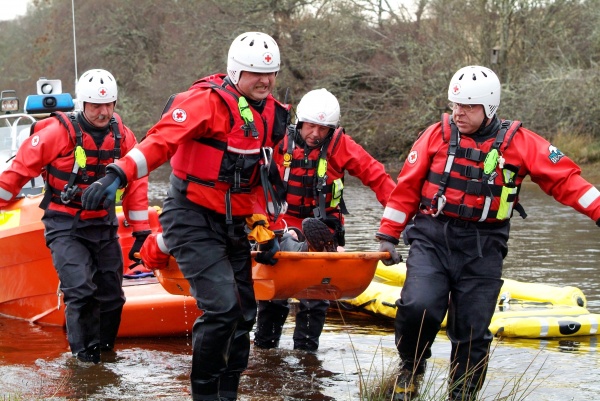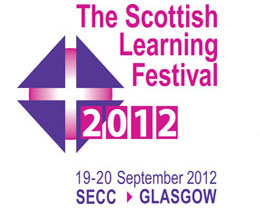Scotland’s Environment – Glow Meet
– Glow Meet
11am – 12pm, Wednesday 6th November 2013
Calling all citizen scientists!!!
Trying to change, protect and improve your local environment for the better? Collecting information to contribute to our knowledge of the natural environment? Ready to share your research, data and ideas with us?
Scotland’s environment is world-famous and draws tourists and visitors from across the globe. It needs to be protected but many of the challenges facing our environment are complex, and can only be solved in partnership; a partnership which involves children, young people and adults working together as citizen scientists.
This Glow meet will explain how you can get involved and to better understand, care for and improve Scotland’s environment. We want to hear about:
- All the ways you have been collecting, measuring, observing and recording information about your local environment
- Your views and ideas on what needs to change to improve our environment and what role you are playing making it happen.
You will be able to question and share you information and ideas with our panel of experts and the school which most impresses the judges will win a superb prize!
The session will be led by:
- Debbie Bassett, Head of the Biodiversity Team in Scottish Natural Heritage
- Martin Marsden, Head of Environmental Quality in the Scottish Environment Protection Agency.
- Nick Wright, Scottish Wildife Trust
Visit http://bit.ly/SEWeb to register and join the Glow meet on the day.
Further links:
Scotland’s Environment website http://www.environment.scotland.gov.uk/
Scottish environment youth discussion http://bit.ly/19dnExK
Competition details :http://www.environment.scotland.gov.uk/get_involved/young_people/youth_discussion.aspx



























































